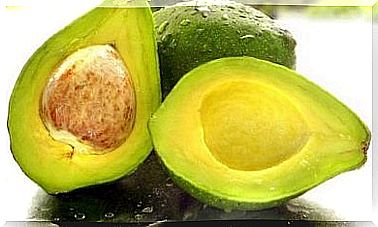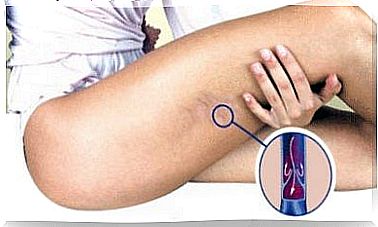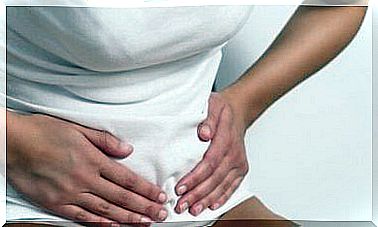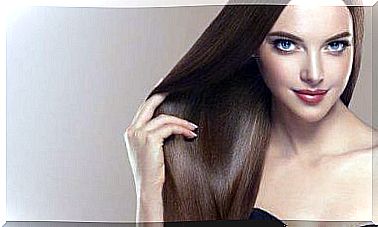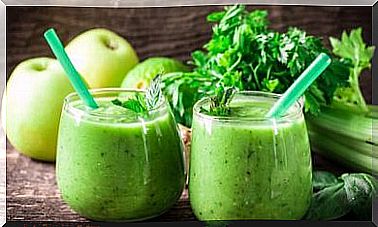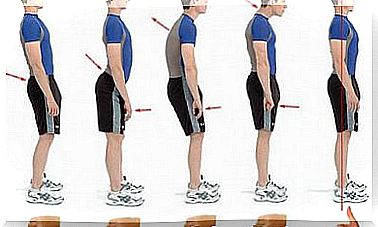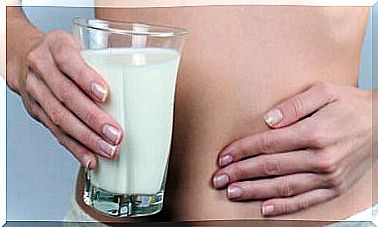Mosquito Repellent With Vitamin B1
Mosquito bites are very annoying. For this reason, we will show you how you can use vitamin B1 as a natural repellent against mosquitoes.
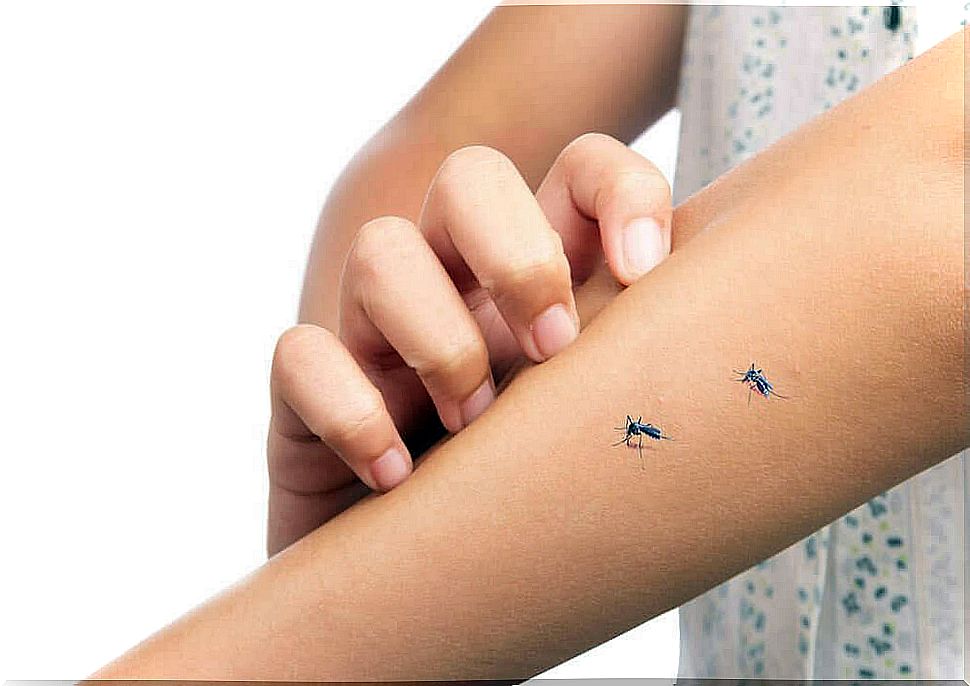
It is estimated that more than 750 thousand people die each year from diseases caused by mosquito bites. Mosquito repellants are widely available in stores, but there are natural alternatives that are very effective. Today we recommend vitamin B1 as a repellent.
There are mosquitoes all over the world. In the past, the mosquito larvae did not survive the cold, but since it is no longer so cold in many regions in winter, the larvae survive and become annoying mosquitoes that can also transmit diseases, among other things.
Most commercial insect repellents and insecticides contain chemical compounds that affect human health, especially of children, jeopardizing can. However, these products do not control the mosquito spread, which continues to grow and endanger millions of people around the world.
The enemy: mosquitoes
Mosquitoes are attracted to chemical compounds given off by the human body. Up to a distance of 45 meters, mosquitoes can recognize the smell given off by the bacteria we have on our skin.
Mosquitoes also like substances like lactic acid, ammonia, carboxylic acid and octenol, which we expel through breathing and sweating.
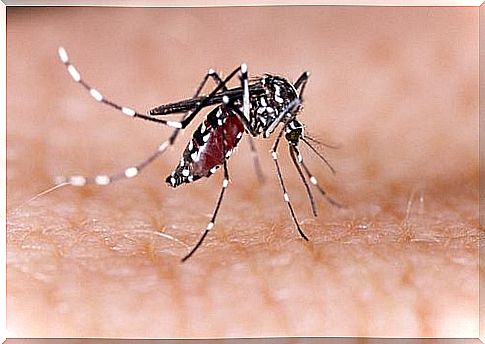
As you may know, female mosquitoes are mostly interested in human blood. This is because they need the iron and proteins to lay their eggs. For male mosquitoes, humans are not so attractive.
Diseases caused by mosquito bites:
As soon as mosquitoes put on their stinging sucking proboscis, they can transmit various diseases:
- Yellow fever
- malaria
- dengue fever
- Chikungunya
- Zika
- Lymphatic filariasis
- West Nile Virus
The most important measure against these diseases is preventive: You have to avoid stings. Once infected, a person needs to rest, drink plenty of fluids, and wait for symptoms to subside.
For most of these diseases, there are no vaccinations (other than yellow fever) or effective treatments (with the exception of malaria and lymphatic filariasis).
While these diseases are not fatal, they are especially dangerous to infants, young children (up to 5 years old), pregnant women, the elderly, or people with diseases that affect the immune system .
Commercial mosquito repellants and DEET
Vitamin B1 as a protective agent is an excellent option. However, commercial mosquito repellants are still recommended as the DEET (diethyltoluamide) they contain is extremely effective against mosquitoes. In fact, the World Health Organization endorses the use of DEET.
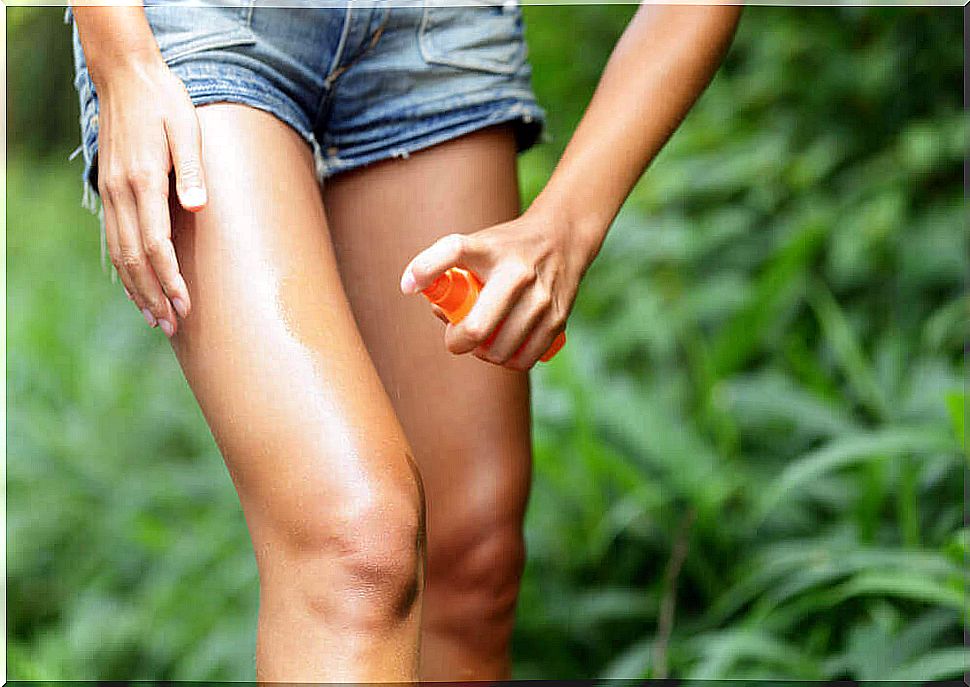
A product that contains between 20 and 30% DEET is effective at repelling mosquitoes. However, many repellants or insecticides contain concentrations up to 100%.
This risk is even greater in children. Children’s skin has an even greater capacity to absorb harmful substances from the environment. Unfortunately, this means that DEET has greater effects on your still developing nervous system. It is not at all advisable to use chemical repellants in babies.
Some of the possible harms contact with DEET can cause include:
- Memory loss
- a headache
- Damage to brain cells
- Tremble
- Seizures
- Skin irritation, hives and blisters
- Nausea and vomiting
- Hypotension
- Difficulty breathing
- Pain, irritation and watery eyes
Vitamin B1 as a natural repellent
Vitamin B1 works like this as a repellent: This vitamin is water-soluble. So if we ingest more than the body actually needs, this vitamin is excreted in the urine and skin (through sweat).
Even if people take this vitamin in high doses, it poses no risk to pregnant, breastfeeding women or children. Therefore, the use of vitamin B1 is a very effective measure against mosquitoes.
How to use it
To take advantage of these benefits, the recommendations are:
- Take a dietary supplement containing 100 mg of vitamin B1 daily .
- Dissolve a vitamin B1 supplement in a body lotion or cream. Then you can use it to protect exposed skin. This mixture can also be used for babies.
- Increase your consumption of foods high in vitamin B1, such as yeast, oats, brown rice, asparagus, liver, and eggs.
In addition, it is also beneficial to increase your garlic consumption to get vitamin B1 as a repellent.
- Use other natural repellants that are also uncomfortable for mosquitoes. These include essential oils made from eucalyptus, lemon, cinnamon, vanilla, and citronella.
Other preventive measures
- Avoid being near mosquito breeding grounds.
- Empty all containers of standing water, as this is where the larvae will grow.
- Wear light-fitting, light-colored clothing.
- Use mosquito nets on windows and on beds or cots.
- Mosquitoes don’t like the scent of marigolds either, so it’s a good idea to have some plants around.
- Use candles or oils made from citronella or camphor.
